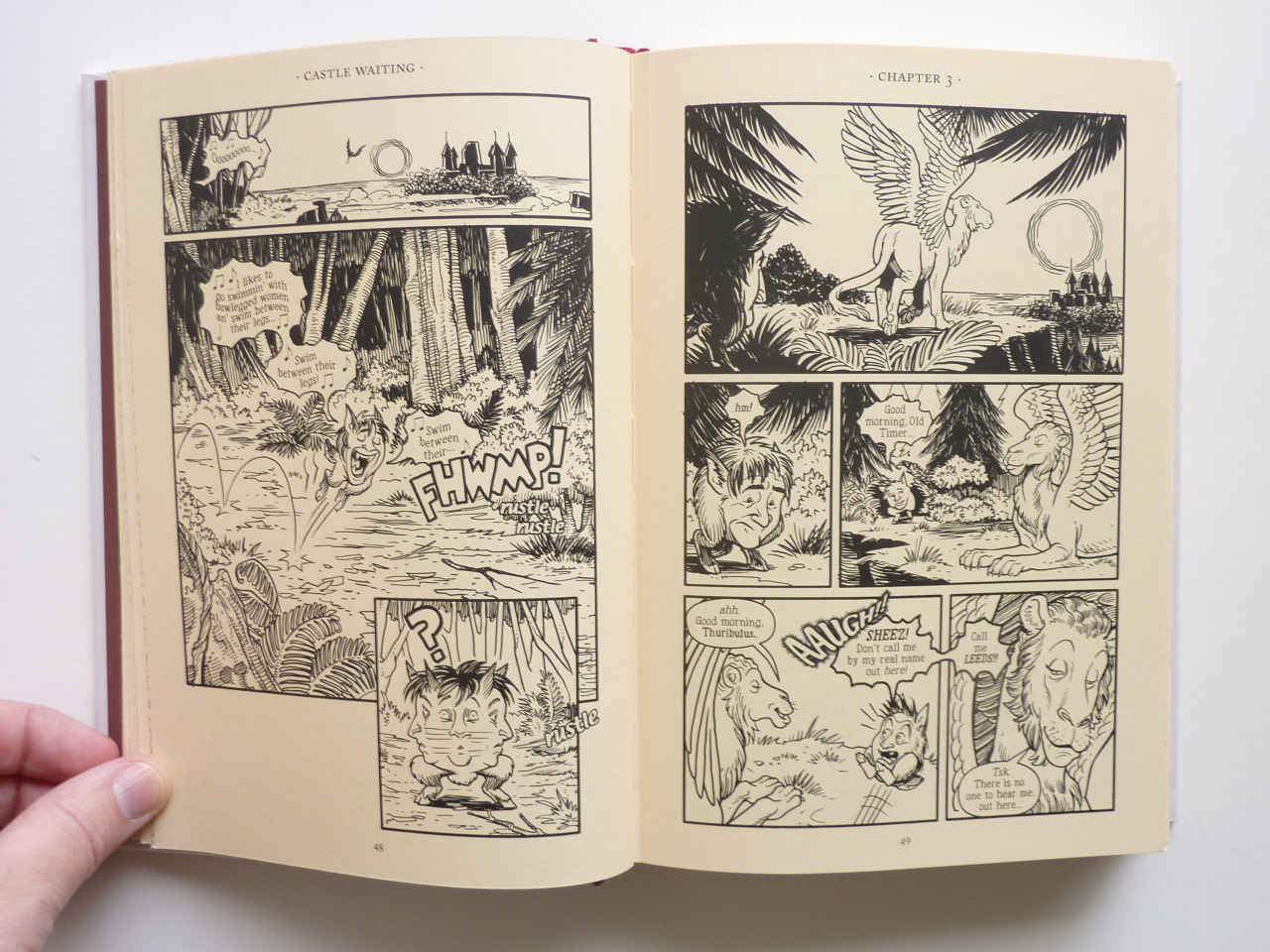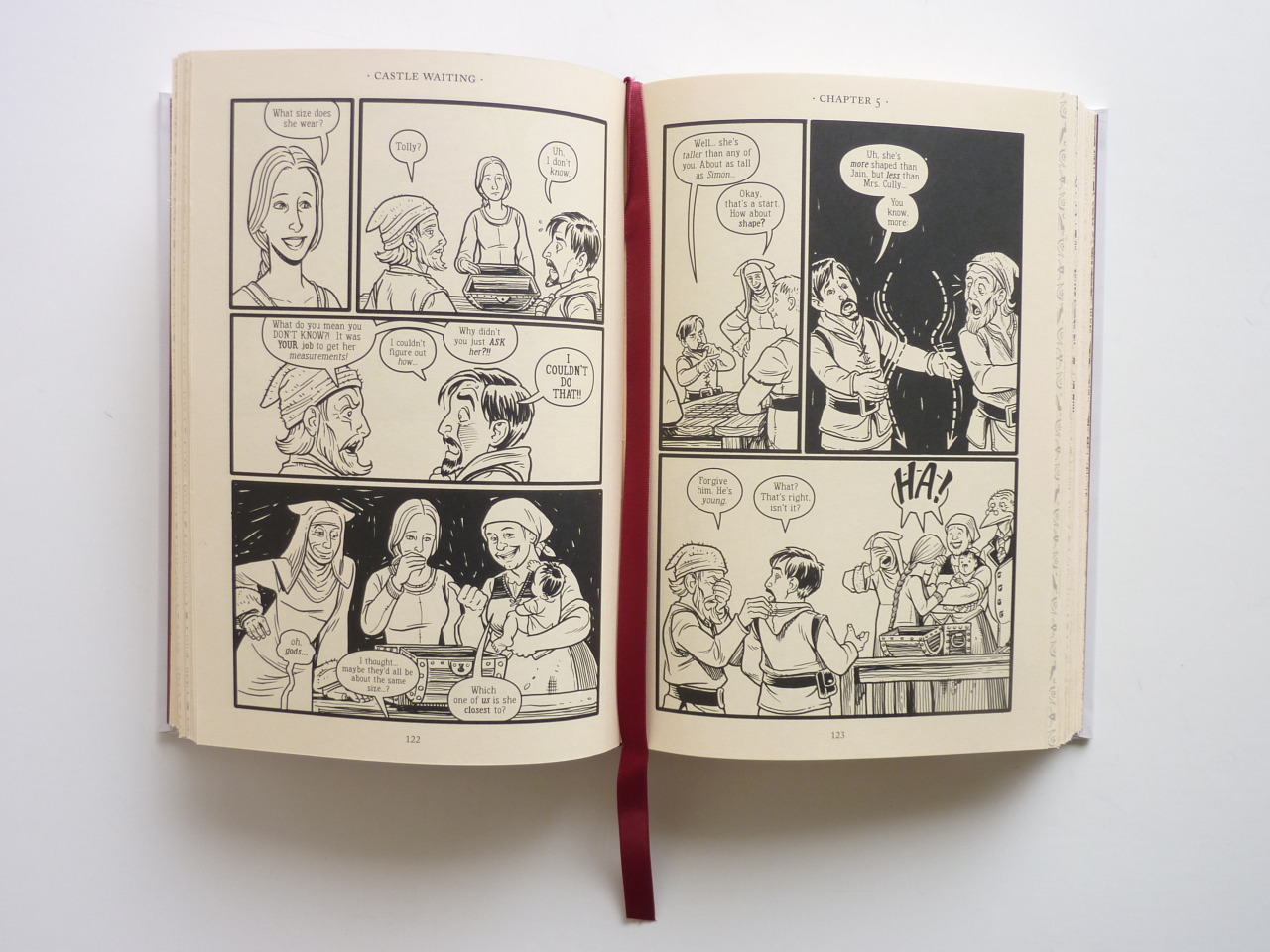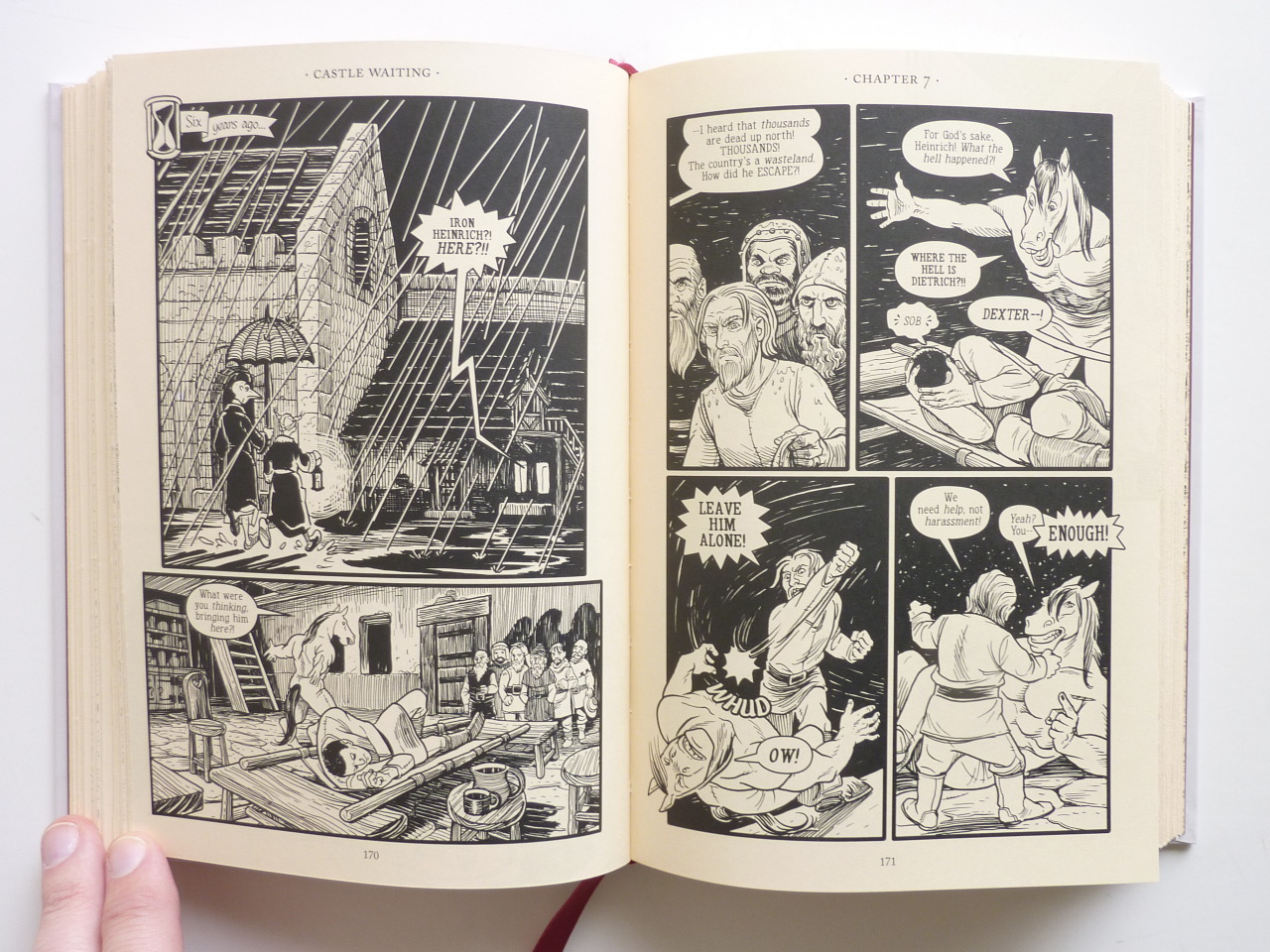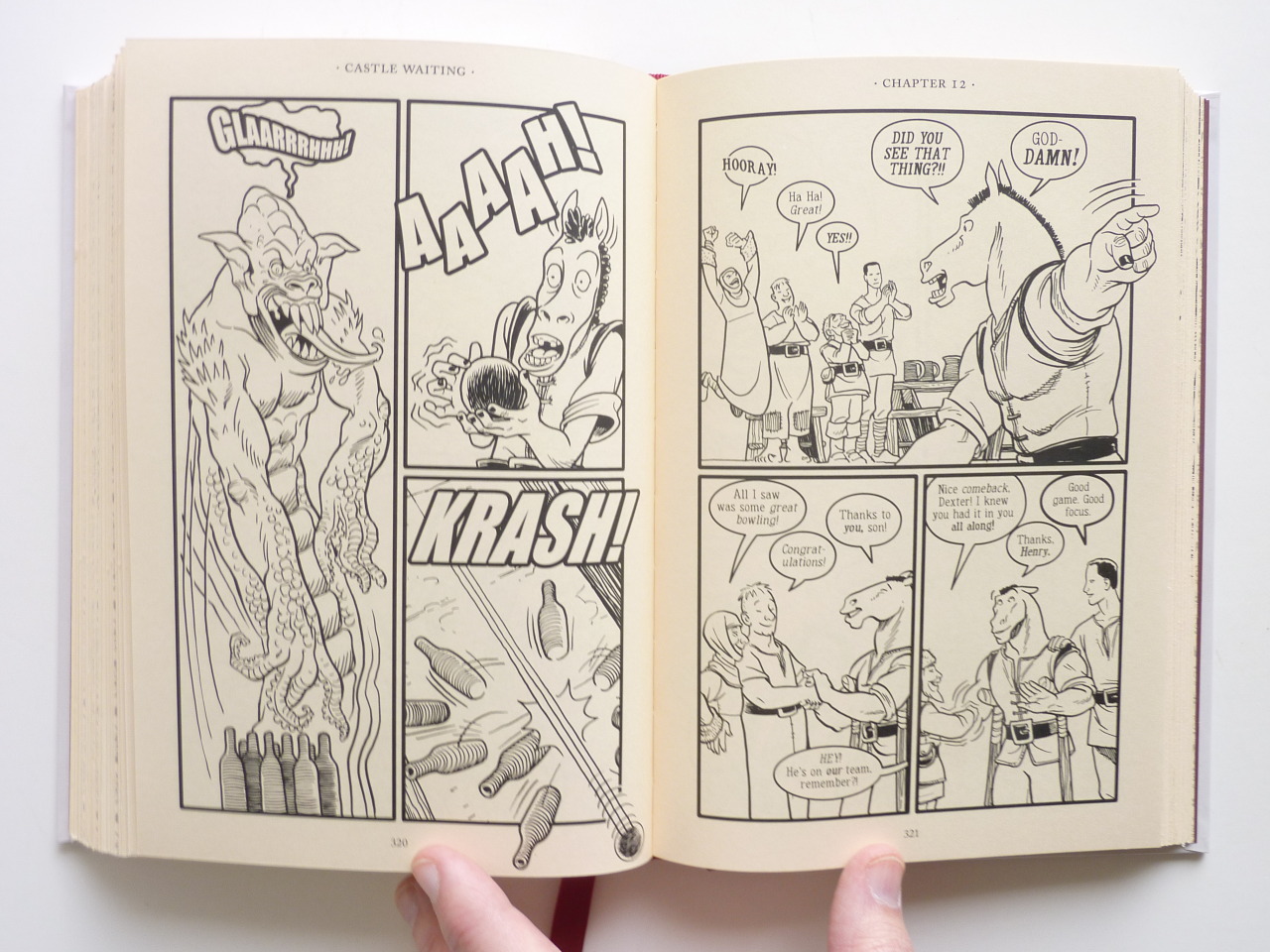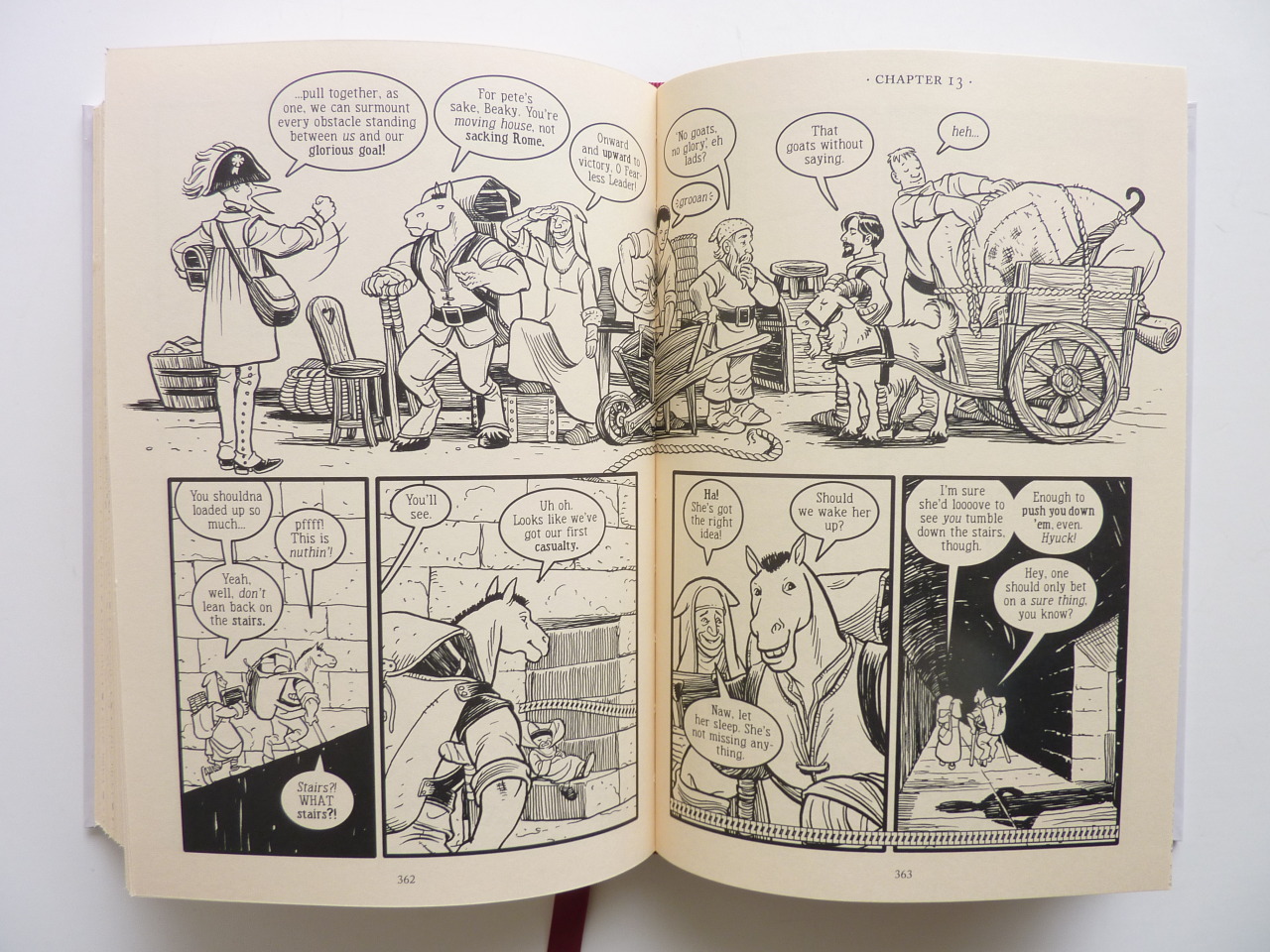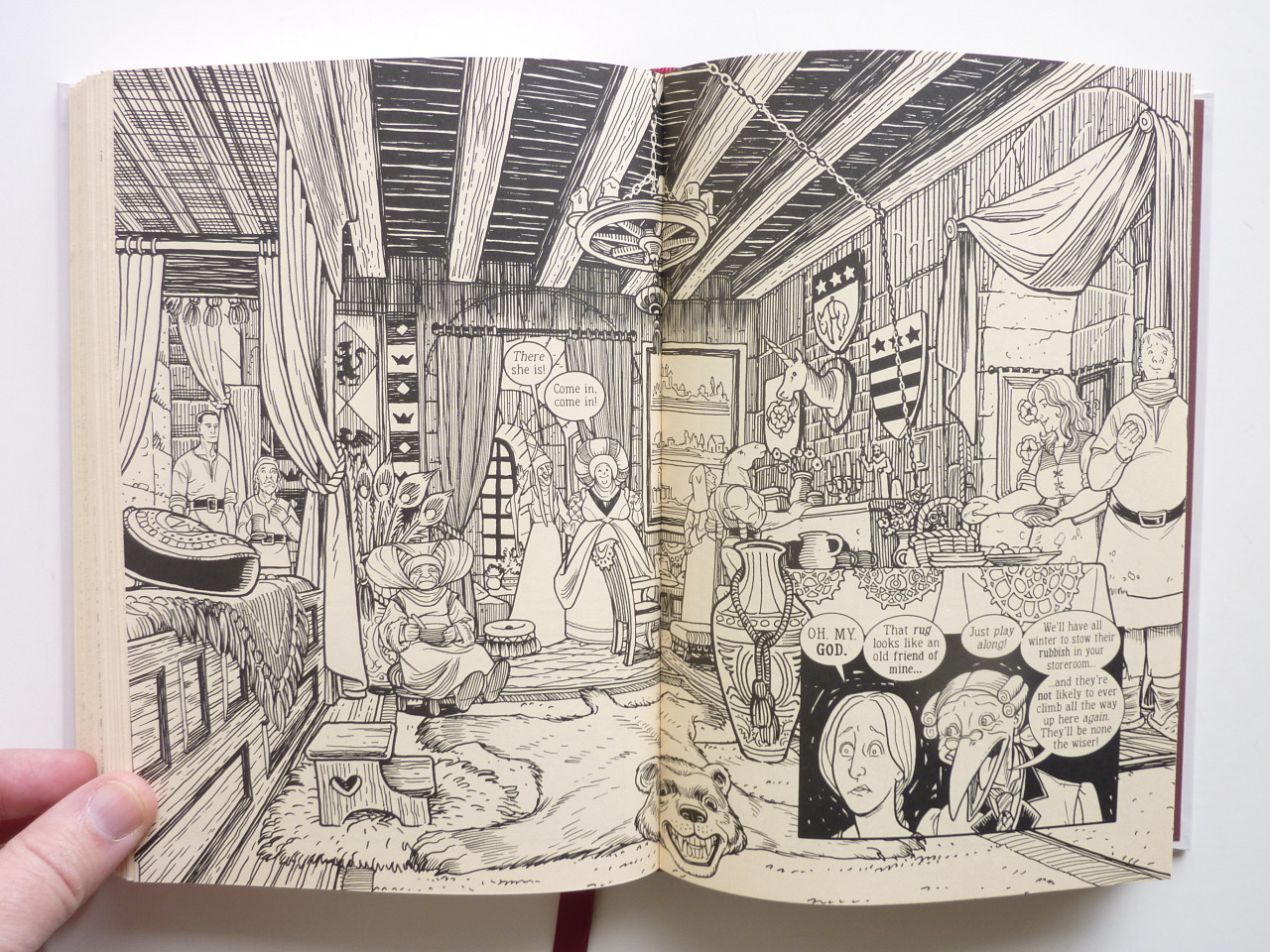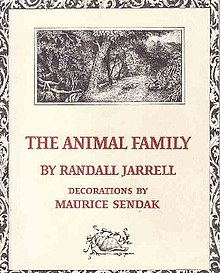097) Go Set a Watchman by Harper Lee, finished finished September 24
five days
I didn't have particular expectations for this novel. I knew it was lost, and I assume lost usually happens for good reason. I knew it rejiggered some of the timelines and characters of To Kill a Mickingbird, but hey why not. But it is from Harper Lee who wrote, arguably, the most beloved novel of the 20th century.
First, I want to say that for the first hundred pages, I completely agreed with Lee's editor. It seemed obvious that there was a much better book about Scout as a kid buried under some boring stuff about her as a grownup. What was an insightful editor who could see that and talk her into writing that other novel instead! #weneededitors
As I read deeper, I started to wonder if maybe the editor wasn't just afraid to sell this particular book---that it was too topical to land well. At this stage, I tended to compare it to another novel I'm reading now that came out four years after TKAM and also deals with topical race issues. That book---and, I was thinking during this stretch, Go Set a Watchman---are interesting more as documents of their time than as works of literature. Fascinating in a charming/horrible way but without much to say about our current situation.
Then I kept reading. And the book began to move me, upset me, break my heart. Jean Louise (as Scout is almost always known by now) feels almost (almost) modern and her reactions to her hometown's reactions to the NAACP and Supreme Court decisions and other race-centered changes do seem applicable to 2015.
Then the book, without letting up on its emotional hold on me, began to feel topical. Very topical.
Much has been made of Atticus as racist in this novel. And much e-ink has been spilled over how he was such a different character in TKAM. That, my friends, smacks of wishful thinking.
Yes, TKAM sets Atticus up as a hero for equality in a rough time. But he had nothing to lose but his self-respect in the 1930s. What's terrifying about GSAW is not an "alternate" version of Atticus but the very real possibility that this is exactly what Atticus would have been like twenty years later at age 72 when he does have something to lose.
This Atticus is certainly a midcentury Southern man, but he doesn't sound that different from Dumbo hipsters or those shouting cuckservative. He sounds, in other words, like 2015. Less pretty than the words we take out in public, but a modern rational racist who shakes his head sadly beause you just can't see the truth of things right in front of you. He's not racist! He just sees things as they actually are!
In other words, TKAM Atticus is who we aspire to pretend to be. GSAW is who we are occasionally forced to confront is (even now) our true identity.
The fact is that America has a troubled racist past and magical, overnight, universal colorblindness won't solve our problems.
Suddenly, Go Set a Watchman feels like a very important book for 2015.
It's hard to say how effective this novel would be without it's ability to play off one of the most read and remembered novels of the last hundred years. We've had fifty years (more than!) to turn TKAM into mythology, into hopeful history, into a guidebook. And so when this novel comes tromping in and knocking down the stage dressing, it's particularly shocking.
Let's get to the mechanics of the novel. Lee does some interesting things with dialogue (her reliance on an ellipses-based effect to make crowd noise is interesting and mostly effective) and interior monologue (her slipping from the third-person to Jean Louise's actual thoughts are frequently awkward and too irregular at the beginning---rough draft stuff that would have been fixed had it been published then). Her use of flashback is, let's say, too voluminous (though, thanks to TKAM, we like seeing scenes of Scout and the now-deceased Jem back in high school, etc, even if they do take up more space than makes sense for this novel's purposes). And it's just difficult to judge the adequacy of Lee's character development when we come into this novel already knowing these characters intimately.
So no, it's probably not the best-written book to come out this year. But I don't know of any other work of fiction that might force us into important (if awkward) conversations.
For now, I'm just grateful for the moments it set me stunned, silent, thoughtful.
(Incidentally, I've been reading some of the Amazon reviews, many of which are quite insightful---including the obvious fact that the pain Watchman causes us is largely because Atticus is our hero just as he is Scout's---like Scout, we grew up with him and he was magnificent and perfect. And, just like Scout, now that we have seen the chinks, we, alas, can see they've been there all along.)
A few other comments:
This novel---even though it's in third person---is much more solipsistic than TKAM.Share your own in the comments.
Uncle Jack is an example of a young writer showing off her education.
Jean Louise's epiphany/catharsis at the end is a fascinating study. I've never read anything quite comparable and I'm still not quite sure how to describe it.
Atticus and Jack smiling at Jean Louise at the end is almost redemptive. But only if you can still accept Atticus as God. If you can't, it's rather ambiguous. It's another curious moment. And hard to tell how "finished" it is.
The cover will have you think that "watchman" is symbolic of the conscience. While true, it doesn't mean much until you realize Jean Louise is the watchman.
Previously in 2015 . . . . :
.png)
